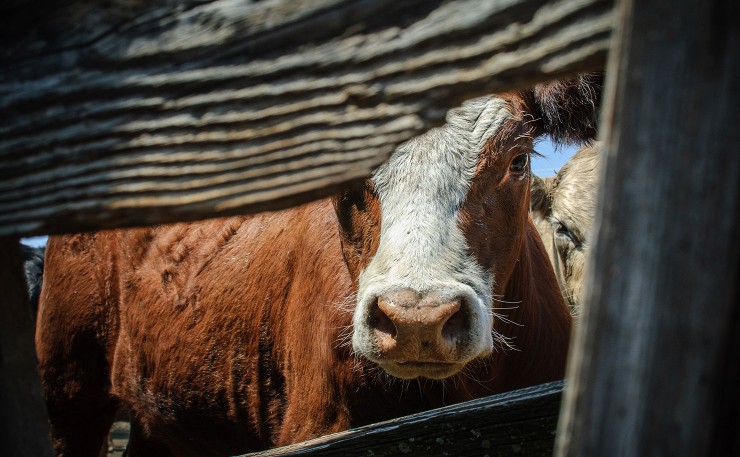Global warming is about much more than coal-fired power stations, writes Geoff Russell. And the solutions lie in plants and power-plants.
The makers of the US eco-ethical-documentary “Cowspiracy” are attempting to explain why the world’s largest environmental organisations have ignored the role of meat in both climate change and more generally in trashing the planet.
They use the well-worn tactic of simply asking them… or trying to. When it comes to slandering people for buggering the planet, Greenpeace apparently thinks it’s more noble to give than to receive, so they aren’t keen on being asked inconvenient questions.
This doco has lots of Michael Moore moments. People knocking on doors, asking pointed questions and getting sheepish looks. All the big US players get a mention: The Sierra Club, Greenpeace, NRDC, Rainforest Action Network, Amazon Watch, and more.
These groups all love asserting the high moral ground and aren’t used to being questioned about their submersion in a deep trench of cattle excrement. But I do have more than a little sympathy for Amazon Watch; criticising Brazilian cattle ranchers can easily get you killed.
The inconvenient truth is that none of these environmental icons care enough about their beloved planet to order the vegan option, let alone make the whole menu vegan. I mean, how can you compare the implications of 4 degrees of warming with having to eat like Ellen De Generes or Phil Wollen or ultra marathoner Scott Jurek, or raw vegans Janette Murray-Wakelin and Allan Murray, who ran around Australia doing 366 marathons in 366 days.
It’s a testimony to gullibility and meat industry lies that people still have to do stuff like this to prove you don’t need to eat animal products.
But back to those interviews! In the case of Greenpeace, their PR people did the old “turn that camera off” shuffle and refused to be interviewed; … priceless!
But after all the fun and games… does Cowspiracy actually explain the inaction of at least the US environmental movement on the meat and dairy industries? Is it really a conspiracy? Is it organised and funded?
US Professor of Nutrition, Marion Nestle blew the whistle years ago with “Food Politics” on how the meat industry stacked and bullied US Government nutritional advice committees.
Cowspiracy lacks Nestle’s academic rigor, but still delivers a few hits.
When asked if the meat and dairy industries donate to environmental organisations, the Animal Agriculture Alliance spokesperson looked like a kid caught with both hands and feet in the cookie jar, and said she couldn’t comment. She refused to answer a direct question about funding Greenpeace.
In Australia, the funding link is clear and a matter of public record. As is the lack of any major campaign against meat by the big green groups (ACF, FOE, AYCC, Greens to name but a few) getting this funding.
Tim Flannery is also a recipient of pastoral largess from the bovine broverhood.
Let’s be clear here: different meats have different impacts. It gets tiresome to differentiate constantly, so I’ll do it once now.
Ruminants are the primary climate culprits by way of methane and deforestation, while pigs and chickens primarily pollute air, water and other foods while diverting deforested land from food to feed, while also killing people directly via new diseases (e.g. Swine Flu) while adding to our risk of losing antibiotics.
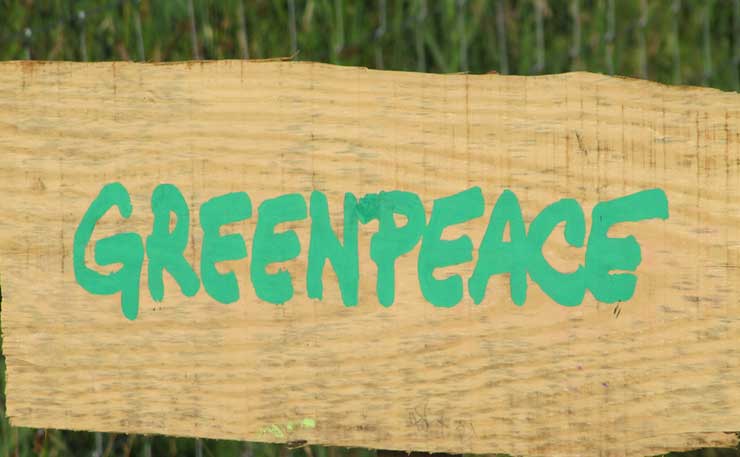
If we returned to pre-antibiotic death rates, we’d have about 180,000 infectious disease deaths annually in Australia… so this is a big deal, even if it isn’t environmental in the narrow sense. These industries are also unconscionably cruel, which bothers people concerned with pain and suffering.
The cattle barons supporting our big green groups obviously don’t care that their funding is common knowledge. Why? Probably because our mainstream media don’t give a damn. Aussie BBQ culture is at least as strong here as in the US; and don’t forget meat industry advertising.
Would any major newspaper or TV channel risk pissing off a major advertiser by taking a position on meat that is commensurate with it being one of our biggest climate polluters and general environmental vandal?
Lastly, both the cattle barons who we know support environmentalists, Robert Purves and Mark Wootton, have a hands-on approach to their green funding… they sit on boards and committees. Can you imagine sitting opposite a big donor and suggesting a campaign against their industry?
You don’t need to postulate bribes to understand influence.
Shortly after their interview with the Animal Agriculture Alliance the Cowspiracy directors got a call from the film’s financial backers saying they were pulling the plug because the topic was becoming too “controversial”. The film very nearly got squashed.
“The Catcher in the Rye” was an important book during my adolescence. It’s full of teen angst that will appeal to anybody with marauding hormones, but the chief message that stayed with me for life was a loathing of hypocrites.
The book’s chief protaganist uses a slightly broader term: phonies. In modern parlance, this is people who talk the talk but don’t walk it, or sprint it, or jog it… or even limp it.
If you earn your living telling people the planet is in serious trouble then you really have to start acting like you believe it. If you don’t, then you’re a phoney. Thinking like you believe it isn’t the same as acting as if it’s true.
The Cowspiracy directors tell it like it is – livestock generate more warming than cars, but it’s missing from every major US organisation’s campaigning hit list? In Australia the contrast between belief and action is even more stark.
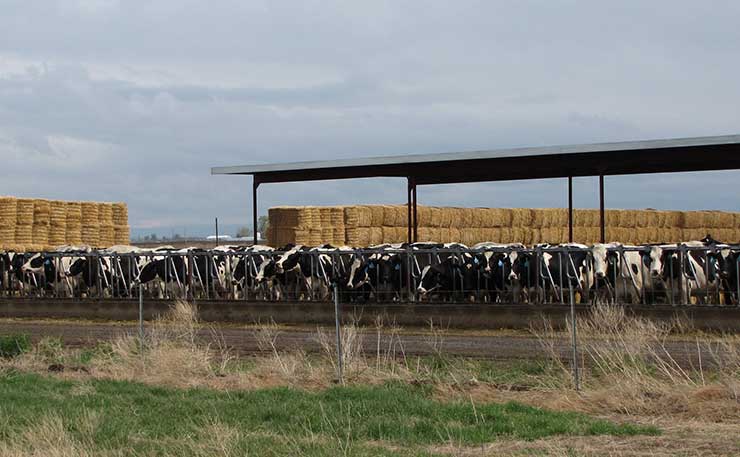
The US has less than one cow for every three people, but Australia has more cattle than people. So our livestock create more warming not just than our cars, but all our coal fired power stations.
Still, you won’t see a call for “100 percent plants” alongside the calls for “100 percent renewables”. And our only political party who pretends to take climate change seriously has a cattle breeder for a leader; which is one reason I said pretends.
The other reason is that “100 percent renewable” slogan. This isn’t just a slogan, but policy, and it makes it very clear that they’d prefer climate change, mass human starvation and major species extinctions to any consideration of nuclear power.
If they took climate change seriously, they’d have a policy of “100 percent clean”, like the IPCC.
Some environmentalists reckon nuclear is too expensive… with the fate of the planet in the balance, this is a bizarre statement. And if costs did matter, the slogan would necessarily be a little longer and something like “100 percent renewable except for offshore wind and big batteries and solar thermal and rooftop solar”.
The Chinese are already building very cheap nuclear plants, and the whole cost structure could change in a heartbeat with the first Chinese or South Korean or US or Russian SMR (small modular reactor) mass production factory.
Any person who understood the implications of climate change would welcome this as a planet saver instead of fearing it and campaigning against it, as our environment groups do.
However you measure it, it’s hard to out-phoney the US environmental phoney’s, but I think our environmental phoneys are definitely on the podium.
But despite the transparent funding arrangements between our biggest climate polluter and our biggest green groups, I think there’s a deeper reason for their lack of action on meat (and nuclear power). Science isn’t a rock star.
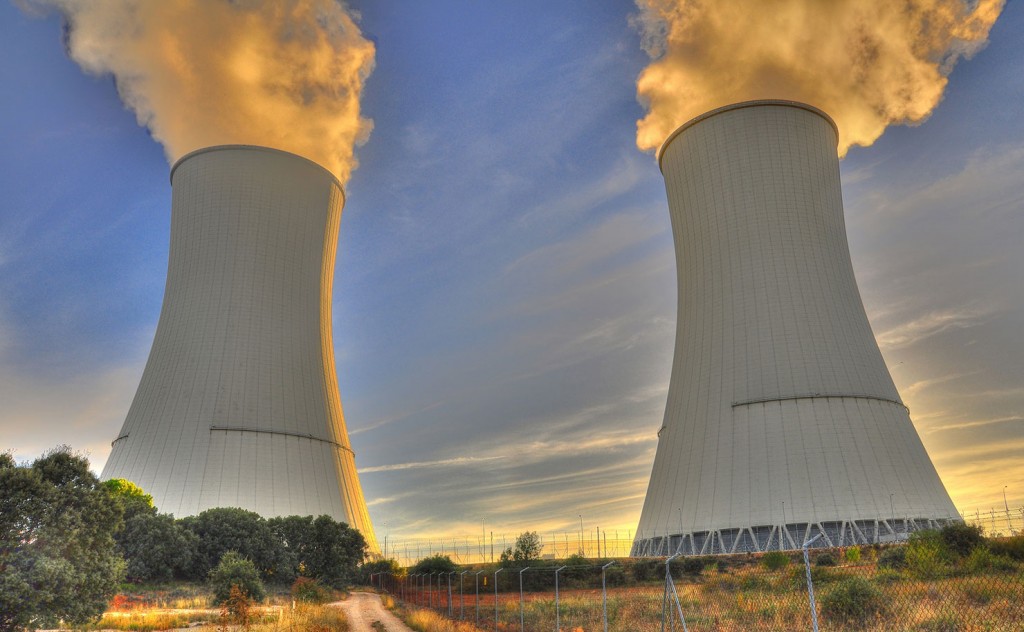
With a rock star, you can love and buy one album and hate and reject the next, but with science there’s not a lot of choice. Sometimes science gives you results you really don’t want.
Current GM crops and nuclear power are both incredibly safe. I don’t like Monsanto’s bully-boy ways, and if their crops made people sick I’d have two reasons to dislike them. But they don’t, so I’m stuck with one. That’s just the way it goes.
Environmental tribalism has our environmental groups automatically anti-GM and anti-nuclear as a matter of ideology. This illustrates a profoundly anti-science bias. They simply don’t get it.
You can’t credibly accept climate science but reject any other science which contradicts your policies. All the science of the last 30 years on the causes of cancer and the mechanism of DNA repair contradict the radiophobia behind green anti-nuclear policy.
When science conflicts with your policy, you may wait a little to make sure the science is solid and well supported, but if it is, then you change your policies. Any high school student can understand this, except perhaps those in AYCC.
And when it comes to meat in general – and beef in particular – plenty of environmentalists have this dewy-eyed image of grass-fed natural goodness. Factory farms are considered yucky because they are modern and because they feed cattle grain, which is unnatural. But old-style farming? Surely that must be great?
The Cowspiracy directors do a good demolition of this romanticised view. Factory farms are an abomination for animals, but they are better environmentally than the old ways. Meaning less devastated wildlife habitat per kilo of meat.
It only took the Cowspiracy boys a little high school maths to show this.
When your science is shallow and you don’t really understand the process, you tend to pick and choose what you like. But science isn’t like that.
Purves and Wootton may be similarly deluded. Cowspiracy interviewed some US cattle farmers and they didn’t believe their meat had a carbon footprint. Cattle producers frequently claim that soil bacteria neutralises ruminant methane.
But as I said, science is pretty much a job lot, and rejection isn’t for amateurs. Do soil bacteria neutralise ruminant methane? A couple of numbers are worth a thousand words.
Humans produce (via, ruminants, natural gas leaks, rice growing and other stuff) about 350 million tonnes of methane annually and the total amount that soil can clean up is about 29 million tonnes. A major comprehensive 2016 analysis with 23 authors – a veritable whos-who of research in the field – found similar numbers.
Soil microbes can, at best, clean up the methane from termites and what little wildlife the meat industry hasn’t wiped out.
Which reminds me of that other meme that always gets a run when the bovine broverhood are trying to justify their existence… it’s a favourite with Tim Flannery.
The old “there have always been vast herds of ruminants” chestnut. This is another typical qualitative claim which buckles at the knees before a few numbers.
I did the following chart in 2008 and it’s annoying to have to keep using it, but cowboys are like climate deniers – it doesn’t matter how often their arguments are crushed, they keep appearing.
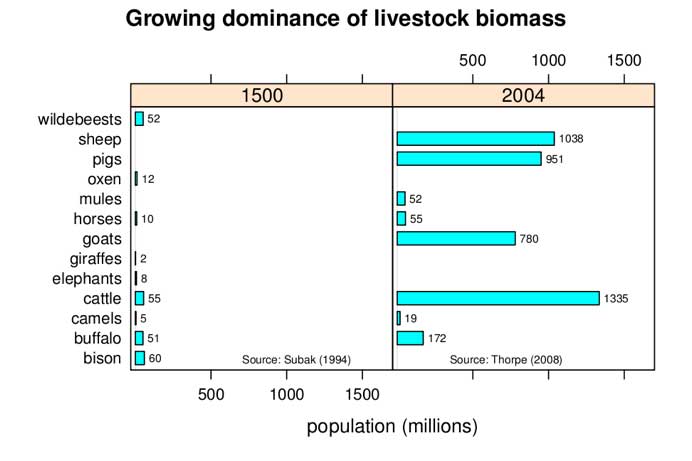
You can see from the left hand estimate of wildlife back in the year 1500 that current livestock numbers are unprecedented. And what about 10,000 years ago in the time of the mega-herbivores? They were also no match for modern industrial breeding methods.
We now consume, mainly via livestock, six times more of the planet’s plant productivity than the mega-herbivores did. Hence the trashing of planet earth.
The human population, even the 9 billion of us expected by 2050, could actually live without doing too much environmental damage if we ate at the bottom of the food chain (vegan) and used nuclear power for all our energy needs.
Energy doesn’t have to have a large adverse footprint on the planet, unless we go with sources having a low power density, like wind, solar and biofuels. It is ironic that our environmental movement has opted for the sources of energy that will have the most impact on wildlife habitat, and therefore biodiversity.
Generally when I raise this issue, someone will point out that we can still graze cattle in the shadow of wind turbines.
The last part of an explanation for the self-delusion of our environmental groups is the simple vested interest of anybody who likes eating meat and doesn’t want to change… particularly for something as trivial as climate change (Note: sarcasm alert).
Cowspiracy makes a couple of mistakes worth comment. The first is technical and concerns a 2009 WorldWatch report claiming that livestock generated 51 percent of greenhouse gas emissions.
This report included livestock respiration in its estimate and was rightly condemned for doing so. Carbon dioxide exhaled by an animal doesn’t cause a net increase in atmospheric carbon dioxide and the arguments by authors Robert Goodland and Jeff Anhang weren’t accepted by climate scientists, rightly so in my view.
Other parts of their analysis were accurate but were, unfortunately, ignored because of the mistake.
The second Cowspiracy mistake is political, and in a film of this kind, far more serious. Government’s love it when environmentalists campaign on short showers, turning lights off and installing solar panels, and they wouldn’t even mind too much if go vegan was added to the list.
Because that gets them off the hook. Individual action might be a good clue as to how to spot the phonies of the world, but it’s not going to save it. Saving the world from 4 degrees or more of warming will require concerted Government action.
But why is Government action essential?
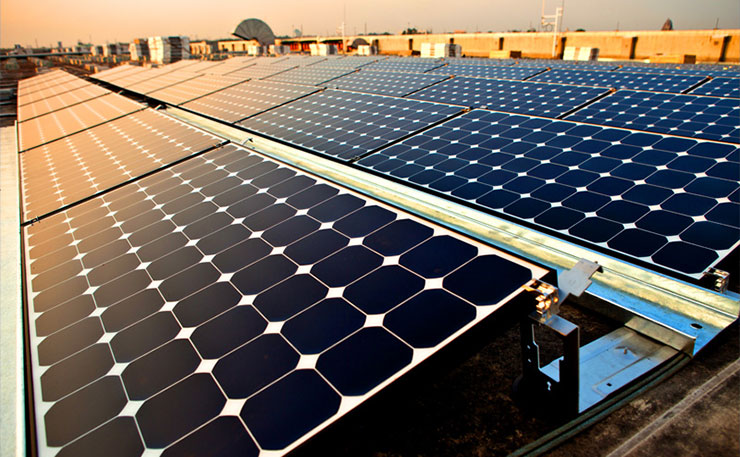
First, as an example, think about solar panels. These have become a veritable environmental badge of honour among people who mean well, but have swallowed the campaigns of the phonies.
Speaking roughly, household electricity is a quarter of all electricity use and electricity use is a quarter of energy use; 95 percent of which comes from fossil fuels in Australia.
Think about it. Even if everybody had enough panels and batteries to deal with their personal life, we will still be way over budget on our greenhouse gas emissions.
All industries solve problems with planning and that’s what our Government needs to do. Plan a clean power roll out and implement it; plan changes to our food supply and implement them; plan a pathway to a clean transport infrastructure and implement it.
Solar panels just fool people into thinking something is being done when it isn’t.
Now consider meat consumption; particularly ruminant meat. What can the Government do to change eating habits? It can start by doing what it did to change smoking habits; stop allowing industry misinformation in advertising, start advertising the carcinogenicity of red meat on a daily basis.
And introduce a big new tax!
Australia has had good results getting people to give up smoking; but nowhere near as good as we need with meat. Between 1991 and 2013 smoking rates halved… from 24 percent to 13 percent. This was achieved by large and aggressive Government campaigns, big taxes, and even then, the drop in smoking rates was far slower than we need for red meat, given the magnitude of the risks we face.
I doubt our Government will get serious until our environment groups get serious, and start acting as if climate change is a serious problem.
Why trust people who are in bed with one of the biggest climate polluters? When the depth of your commitment doesn’t even extend to picking something different off the menu, then why should anybody take you seriously?
Donate To New Matilda
New Matilda is a small, independent media outlet. We survive through reader contributions, and never losing a lawsuit. If you got something from this article, giving something back helps us to continue speaking truth to power. Every little bit counts.

